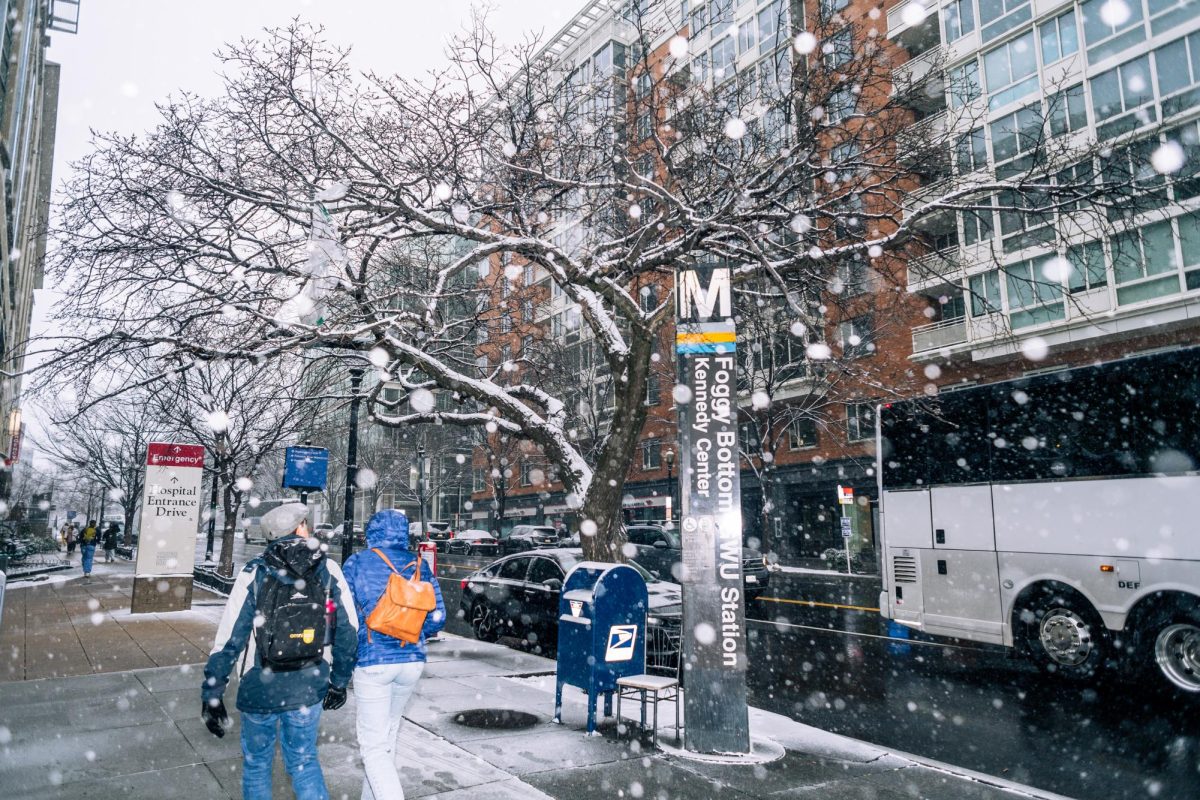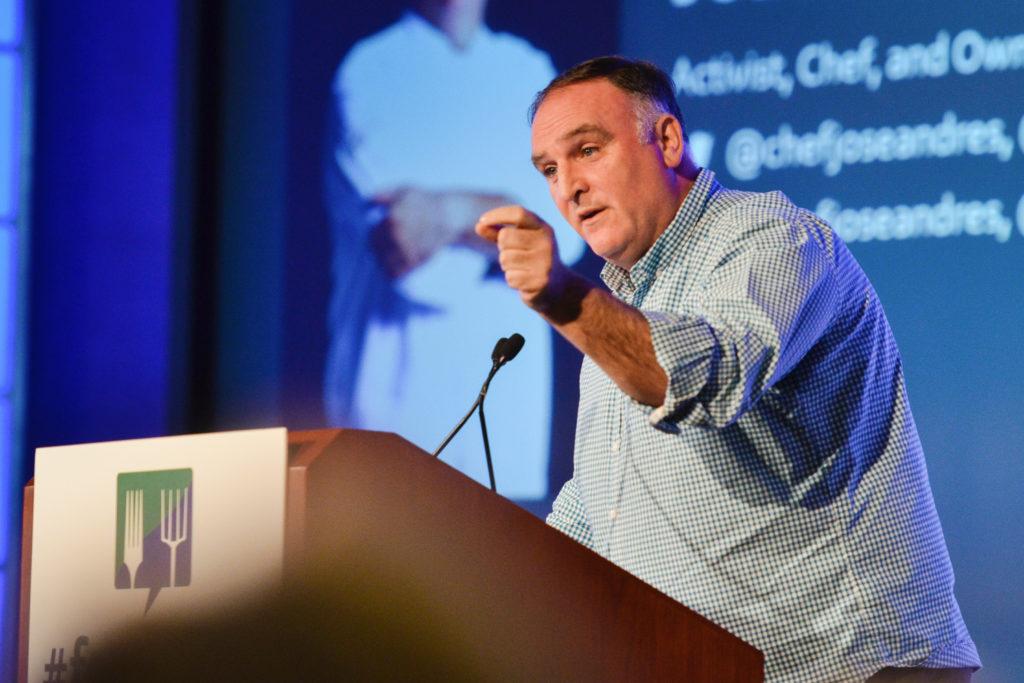What goes on behind the iconic, steadily clicking clock of “60 Minutes”? Around 500 alumni, students and members of the National Press Club found out Monday night at a taping of the Kalb Report.
Host and veteran journalist Marvin Kalb interviewed CBS News’ “60 Minutes” correspondent Lesley Stahl and executive producer Jeffrey Fager on the 55-minute program, which was broadcast on more than 200 public television stations, Sirius XM Satellite Radio, Federal News Radio, and for the first time ever, via live webcast.
“60 Minutes is so much about reporting,” Fager said. “We like to think we have fresh, original material every week.”
“We’re constantly sending little notes saying, ‘What about this?’ or, ‘What about that?’ Everybody’s involved in chasing down stories,” Stahl said.
Stahl and Fager both emphasized the program’s unique approach to story assignments, saying the process is one of the keys to the show’s success.
“There is an attitude that if someone is very enthusiastic about a story, we ought to give them a chance,” Stahl said. “Nobody does a story they don’t want to do, and I don’t know of any other program that’s quite like that.”
Stahl said she contributes almost 20 stories per year and collaborates with a team of four producers and several reporters.
Stahl spoke about what she called her biggest mistake as a journalist – an interview with an alleged Saddam Hussein insider who turned out to be a defector. The interview resulted in a report confirming the existence of weapons of mass destruction, one that later turned out to be false.
“I feel that my report influenced the public opinion, and it was wrong,” she said. She later admitted to the public that the information she had previously reported wasn’t true.
In spite of mishaps like these, “60 Minutes” is very serious about journalistic integrity, Fager said.
“We value fairness very highly,” Fager said. He said a lawyer is brought in to review questionable stories. Legal consultation has been used for about 15 percent of Stahl’s interviews. The program has also hired a full-time professional journalist to review segments in order to ensure that each interviewee is being properly represented.
“You have to ask yourself, ‘Am I really letting this person say what they wanted to say?’ ” Stahl said.
Fager, Stahl, and the 200-person “60 Minutes” team face other challenges as television journalism evolves.
“There is a lot more shouting in TV news today,” Fager said. “It’s a lot more extreme, and the average person gets left out.”
The show tries to eschew “he-said, she-said” journalism and provide clearly represented facts with the occasional carefully constructed opinion, Fager said.
“60 Minutes does gently take a slight little steering toward an opinion,” Stahl said.
Stahl also gave some advice to budding journalists.
“Start at the smallest place that will hire you,” she said. “Don’t start at 60 Minutes, because do you know what you’ll be doing at 60 Minutes? You’ll be getting me coffee.”
Fager stressed the importance of writing, storytelling, liberal arts, and language.
“It was interesting and informative,” senior Hallie Boyce said. “It really showed how journalism evolved and its resiliency.”
Senior Jennifer Perry agreed.
“I was really interested in journalism but didn’t know a lot about it,” she said. “I learned a lot. It was honest; they didn’t sugarcoat it at all.”
The Kalb Report, filmed in the National Press Club’s Main Ballroom, is a public affairs series hosted by Kalb, who serves as a James Clark Welling Presidential Fellow at GW. The program has been airing since 1994, and has boasted such guests as Katie Couric, Walter Cronkite and Hillary Clinton.






